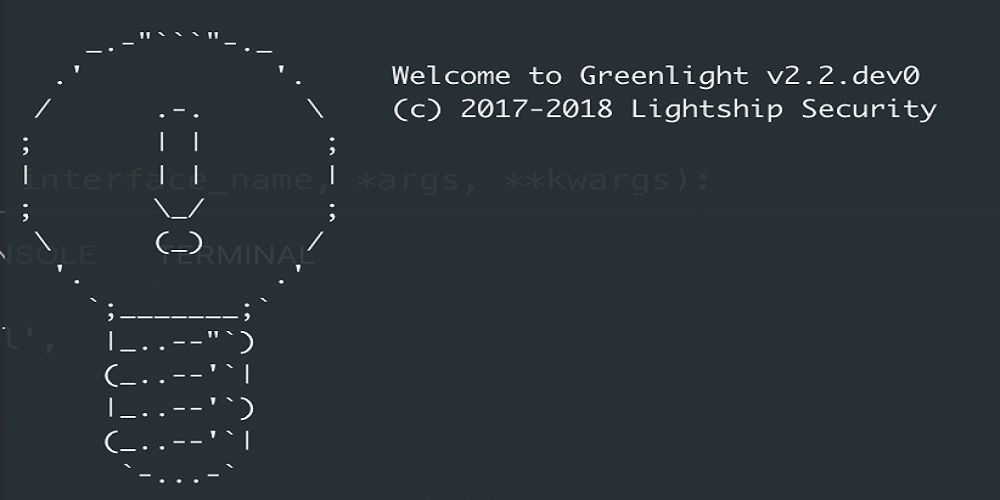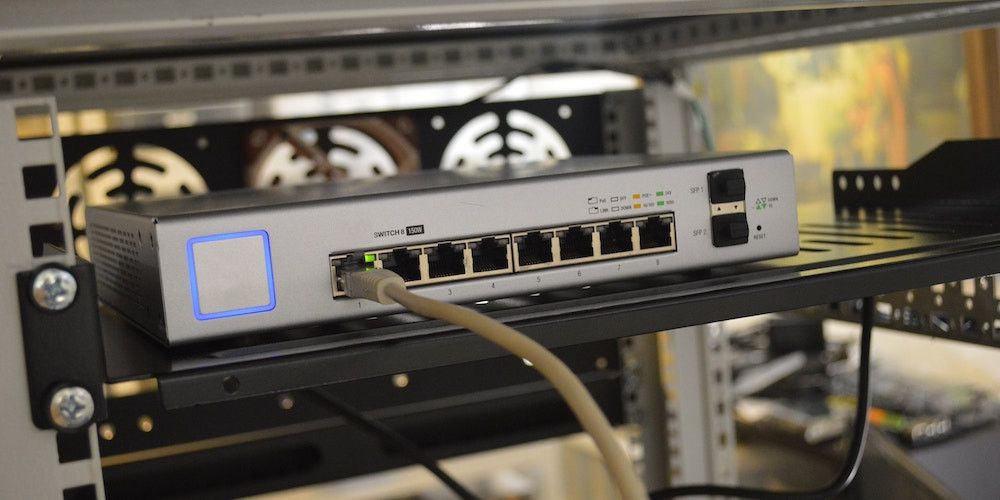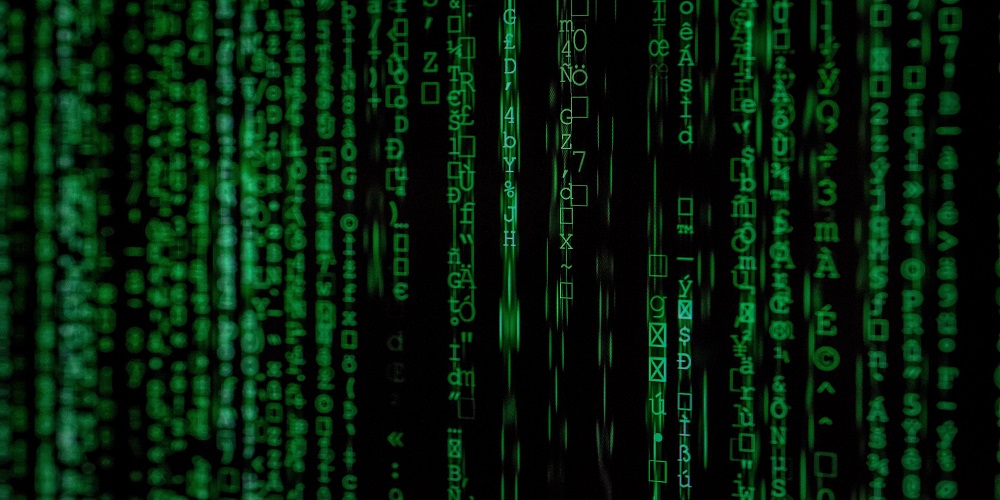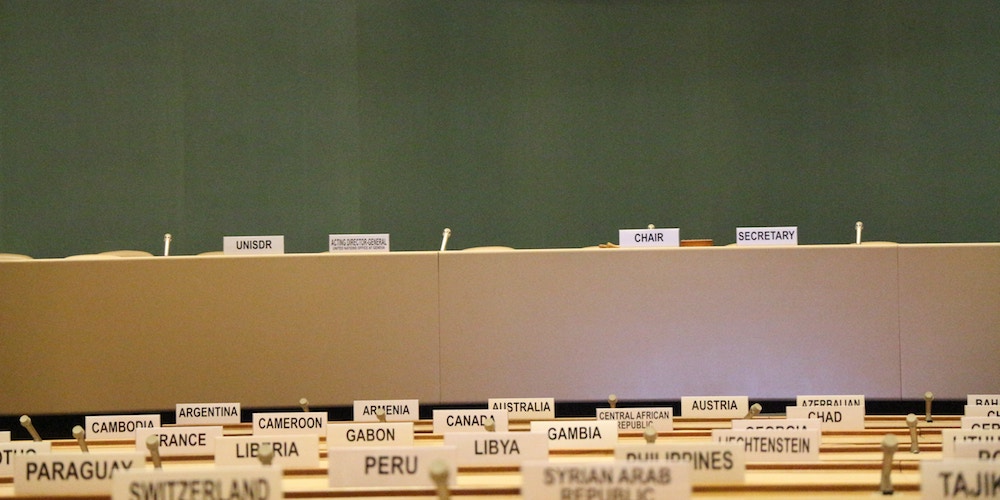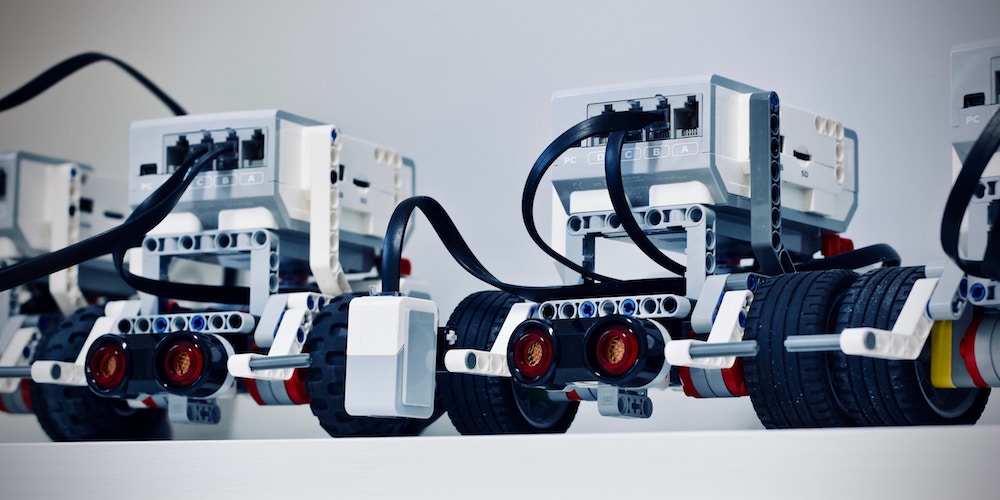December marks the 3-year anniversary of the founding of Lightship. As such, we’ve been taking stock to consider our progress, challenges and future plans.
First the good news. In 2018, Lightship was able to successfully execute on the following:
- Became the 5th and only independently owned and accredited Common Criteria lab in Canada
- Completed our accreditation to become 1 of 22 FIPS 140-2 labs worldwide
- Completed one of the fastest formal NDcPP v2 end to end CC evaluations ever completed in North America
- Secured development funding from the Government of Canada for Greenlight test automation innovations
- Added more modules and utilities as part of the Greenlight platform to improve reporting, ease of integration and usability for us and our clients
- Added critical mass to our development and delivery team to support our growing client base
- Earned the certification business of several new domestic and international industry leading security vendors through our modernized and automated Functional Gap Analysis offering and end to end expedited CC certification methodology



